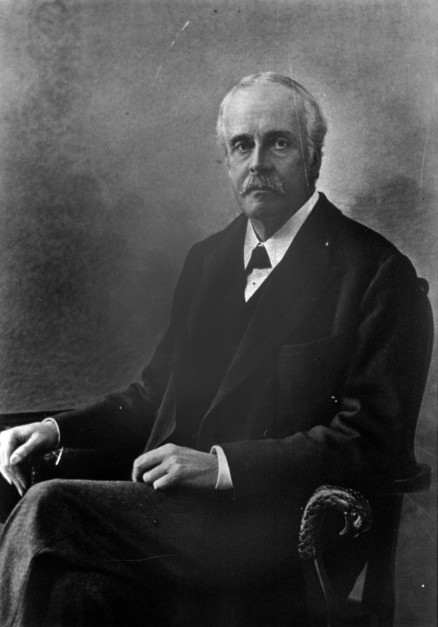
In 1919, following the First World War, the victorious Allied Powers met in Paris to remake the world. The prime ministers of Italy, France and Britain as well as the president of the United States, Woodrow Wilson — collectively known as “The Big Four” — were the decisive diplomatic players at the meeting. Under their leadership, the lands of the defeated Central Powers were picked apart. The Austro-Hungarian Empire was dissolved into smaller central European nations. Germany lost territory and was served with an extremely punitive and expensive peace treaty. In several cases, the triumphant Big Four parcelled out bits of land to themselves.
It was in this context of post-war imperial conquest that the fate of the Arab lands of the defeated Ottoman Empire was decided.
During the First World War, the Allies had overcome the Ottomans with the important assistance of local Arabs who had rebelled against Turkish rule. Among these formerly Ottoman subjects was Emir Faisal, the son of Sharif Hussain of Makkah. Faisal arrived in Paris seeking assurance that the British would honour the commitment they had made to his father: post-war independence for all the Arab lands that had been liberated from Turkish control.
The conference also heard from Chaim Weizmann, a leader of the British Zionist movement. Weizmann argued for the establishment of a Jewish homeland in the Arab territory known as Palestine. During his presentation, Weizmann cited in its entirety the Balfour Declaration — the 1917 promise made to the Zionist movement by British Foreign Secretary Lord Balfour stating that the British government favoured the establishment of a Jewish homeland in Palestine.
It was exactly this conflicting maze of treaties and agreements that led to the outbreak of the World War. And it was with the very aim of preventing another such calamity that in 1919 Woodrow Wilson proposed the foundation of a League of Nations — a body designed to bring international diplomacy into the light of day and rule of law. Wilson believed that by promoting international agreement and democracy, sovereignty, liberty, and self-determination, an environment for a lasting peace would be created. Wilson, therefore, did not arrive in Paris with an agenda of expanding US territory in the East, but with the idea that a lasting peace was achievable and the best outcome.
So when the Ottoman question arose, Wilson made a proposal in keeping with his ideal of self-determination: ask the people who live there what they want.
With that, Wilson commissioned the first survey of Arab opinion. In June of 1919, an American commission, led by the president of Oberlin College, Dr Henry King, and a businessman and diplomat named Charles Crane, arrived in the Mediterranean coastal city of Jaffa to begin the first-ever Arab public opinion survey. The commission travelled throughout what was then known as Greater Syria, including modern-day Lebanon, Syria, Jordan and Palestine. They visited three dozen towns, met with representatives of 442 organisations and received nearly 2,000 petitions. At each stop, they tried to ascertain what the local population wanted for their political future — to be independent or placed under the mandate of a foreign power.
Dismembering the Arab East
The results were particularly adamant on certain issues. Among them: “The non-Jewish population of Palestine — nearly nine-tenths of the whole — are emphatically against the entire Zionist programme [...] There was no one thing upon which the population of Palestine were more agreed than upon this.” Based on the responses of the local populations, the King-Crane report made a series of suggestions. With regard to the fate of Palestine, they suggested that the Zionist project, to which they had been initially sympathetic, should be dramatically scaled back — both by limiting Jewish migration and by dismissing the eventual goal of a Jewish state in Palestine.
Lord Arthur Balfour sharply rejected the Wilsonian approach and he had his way. Instead of independence, boundaries were drawn, dismembering the Arab East and creating British and French spheres of influence over the newly-created states of Lebanon and Syria (France) and trans-Jordan and Iraq (Britain) as well as Palestine (also to the British, with the understanding that it would become the “Jewish homeland”).
The 100th anniversary of the Balfour Declaration is not cause for celebration. Rather it should prompt us to recall the grave injustice that imperial acquisitiveness and racist insensitivity have done to an innocent Arab nation. Their rights and opinions were ignored and as a result the last 100 years have been marked by unceasing conflict and suffering. This is the shame of Balfour.
Dr James J. Zogby is the president of Arab American Institute.









